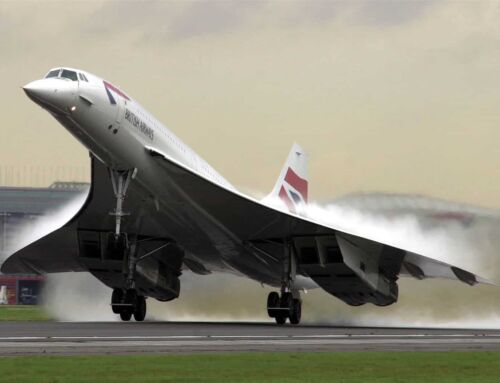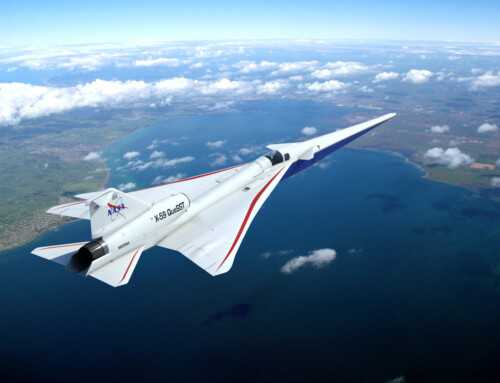 In an era dominated by social media and advanced digital communications, the importance of air travel may seem diminished at first glance. With virtual meetings, video conferences, and instantaneous messaging platforms becoming the norm, one might question the necessity of physical travel. Spike Aerospace believes that air travel absolutely remains a vital and irreplaceable element in fostering global connectivity, cultural exchange, and economic growth.
In an era dominated by social media and advanced digital communications, the importance of air travel may seem diminished at first glance. With virtual meetings, video conferences, and instantaneous messaging platforms becoming the norm, one might question the necessity of physical travel. Spike Aerospace believes that air travel absolutely remains a vital and irreplaceable element in fostering global connectivity, cultural exchange, and economic growth.
To start with, we need to visit friends, family and colleagues on distant shores and experience the world’s cultures, food and people first hand. To feel the mist of the Victoria Falls, ski the French Alps, sail the fjords or take a camel trek, you have to be there, in person.
While digital is great for routine communications, you cannot experience life on a smartphone — or solve humanitarian crisis, mitigate global conflicts, open a new office, hire senior executives or acquire a billion dollar asset. For those, you need to be on the ground, face-to-face.
Spike Aerospace believes that experiencing the world personally, in real life, builds global understanding, tolerance, compassion and peace. Here are just a few of the reasons why we need to travel by air, ground or sea.
- Face-to-Face Communication:
While digital communications have undoubtedly revolutionized the way we connect with others, they cannot fully replicate the value of face-to-face interaction. Air travel allows individuals to engage in meaningful conversations, build relationships, and establish trust in ways that virtual meetings cannot achieve. Personal connections forged through in-person interactions are often more genuine and profound, facilitating better collaboration and understanding.
- Cultural Exchange and Diversity:
Air travel serves as a bridge that connects people from different corners of the world, facilitating cultural exchange and understanding. Experiencing diverse cultures firsthand promotes tolerance, breaks down stereotypes, and fosters a more interconnected global community. While social media can offer glimpses into various cultures, nothing compares to the richness of experiencing them in person.
- Business and Economic Growth:
The global economy relies heavily on the ability of businesses to operate across borders. Air travel enables executives, entrepreneurs, and professionals to conduct international business, negotiate deals, and explore new markets. The efficiency and speed of air travel contribute significantly to economic growth by reducing the time it takes to connect with partners, clients, and suppliers around the world.
- Scientific Collaboration and Innovation:
Advancements in science and technology often require collaborative efforts that transcend geographical boundaries. Whether it’s international research projects, academic conferences, or collaborative innovation, air travel plays a crucial role in bringing together experts from different parts of the world. The exchange of ideas and expertise in person accelerates progress and fosters innovation that may not be achievable through digital means alone.
- Emergency Response and Humanitarian Efforts:
In times of crises and disasters, swift and efficient response is critical. Air travel enables rapid deployment of personnel, supplies, and aid to affected areas. Whether it’s medical professionals responding to a global health crisis or humanitarian organizations delivering relief to disaster-stricken regions, the speed and reach of air travel are unparalleled, saving lives and mitigating the impact of emergencies.
- Personal Growth and Adventure:
Beyond the realms of business and diplomacy, air travel also plays a vital role in personal growth and adventure. Traveling to new destinations exposes individuals to different perspectives, fosters personal development, and creates lasting memories. It broadens horizons, encourages exploration, and contributes to a more well-rounded and open-minded global citizenry.
Conclusion:
While social media and digital communications have transformed the way we connect and communicate, the significance of air travel cannot be overstated. It remains an indispensable tool for fostering face-to-face communication, promoting cultural exchange, driving economic growth, facilitating scientific collaboration, aiding in emergency response, and enriching personal experiences. In the age of virtual connectivity, air travel continues to be a cornerstone of global interconnectedness, enabling a world where people and ideas can traverse borders to create a more vibrant and united global community.





